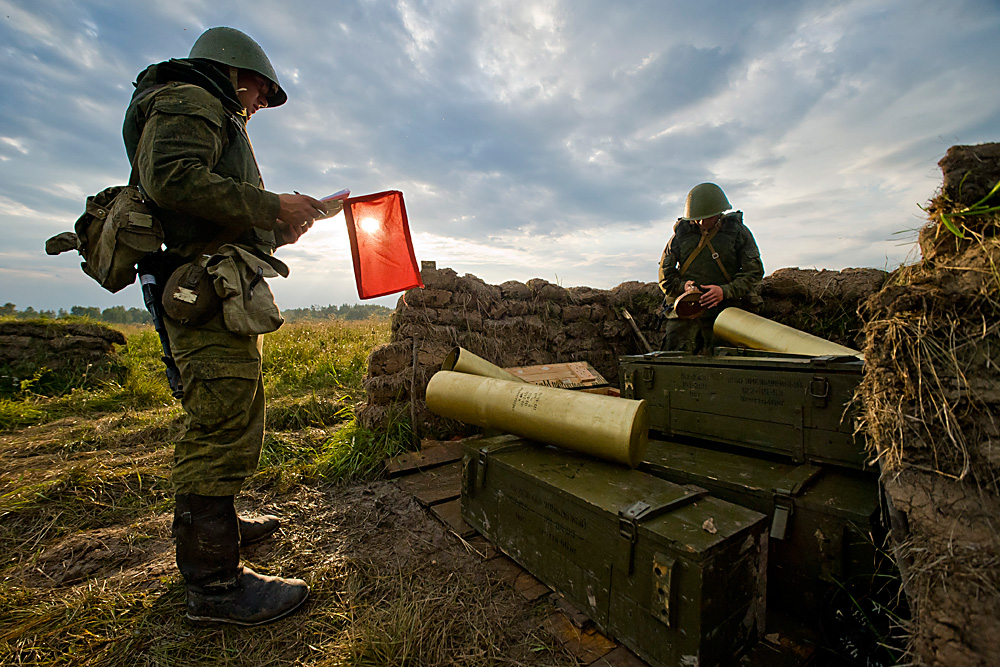
Military drills in the Kaliningrad Region.
Yelena Nagornykh/TASSBritain's Royal Institute for International Affairs think tank Chatham House says that increased spending on equipping and training Russia's military and a growing sophistication in “hybrid warfare” represent a new challenge to stability in the region.
Fundamental and "irreconcilable" differences in "values and vital interests" between the West and Russia demand a new strategy according to Keir Giles, author of the report, “Russia's 'New' Tools for Confronting the West.” The study was released on March 21.
Giles, an associate member of the Russian and Eurasia Program at Chatham House and an expert in Russian approaches to conventional, cyber and information warfare, told RBTH that potential threats to NATO-member states bordering Russia must be addressed by greater military preparedness to defend countries such as Latvia, Lithuania and Estonia.
"Far from being a ‘current crisis,’ the confrontation between Russia and the West over Ukraine is a symptom of the deep-seated and long-term incompatibility of each side’s view of the world," he writes in the report.
Giles adds that, "taking at least some defensive action in response to Russia's huge militarization project is by now an essential first step."
But not all experts agree with Giles in his assessment of the threat the Kremlin poses to the West.
Analyst Anatol Lievin writing in a March 17 New York Times op-ed, “Don’t Fear the Russians," sees this kind of alarmism as counterproductive and largely wrong.
"Three weeks into a partial truce, Russia has begun withdrawing most of its forces from Syria after Mr. Putin claimed that the military’s goals there had been achieved,” Lievin writes. “In Ukraine, a ceasefire has been in place for over six months with few changes to the country’s situation. These realities underline the truth: Russia’s objectives are limited."
A former Moscow correspondent for The Times of London who is now a professor at Georgetown University in Qatar, Lievin adds that, "the United States should recognize and accept this, and — while it may be hard for some in Washington to imagine — work with Moscow when interests overlap."
Independent Russian military analyst Alexander Golts confirms that the worst way to pressure Moscow is to stop talking with them and start another arms race.
“Nobody wanted to deal with Russia after Ukraine, and the goal of the Syria campaign was to force the West to deal with Russia again,” Golts said in an interview with The Guardian newspaper. “This has happened, and now they are getting out of the conflict with minimal losses.”
"On Syria, the United States and Russia have congruent aims,” Lieven wrote. “Mr. Putin has signaled clearly that his country wants to cooperate. It’s time for Washington to respond accordingly."
All rights reserved by Rossiyskaya Gazeta.
Subscribe
to our newsletter!
Get the week's best stories straight to your inbox